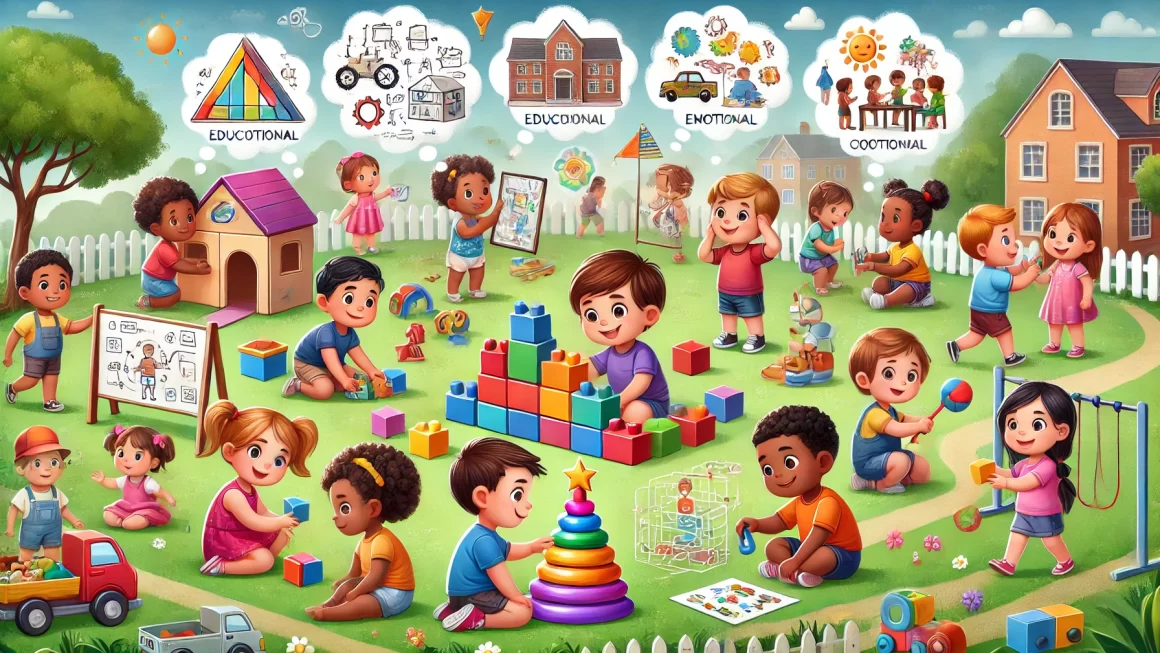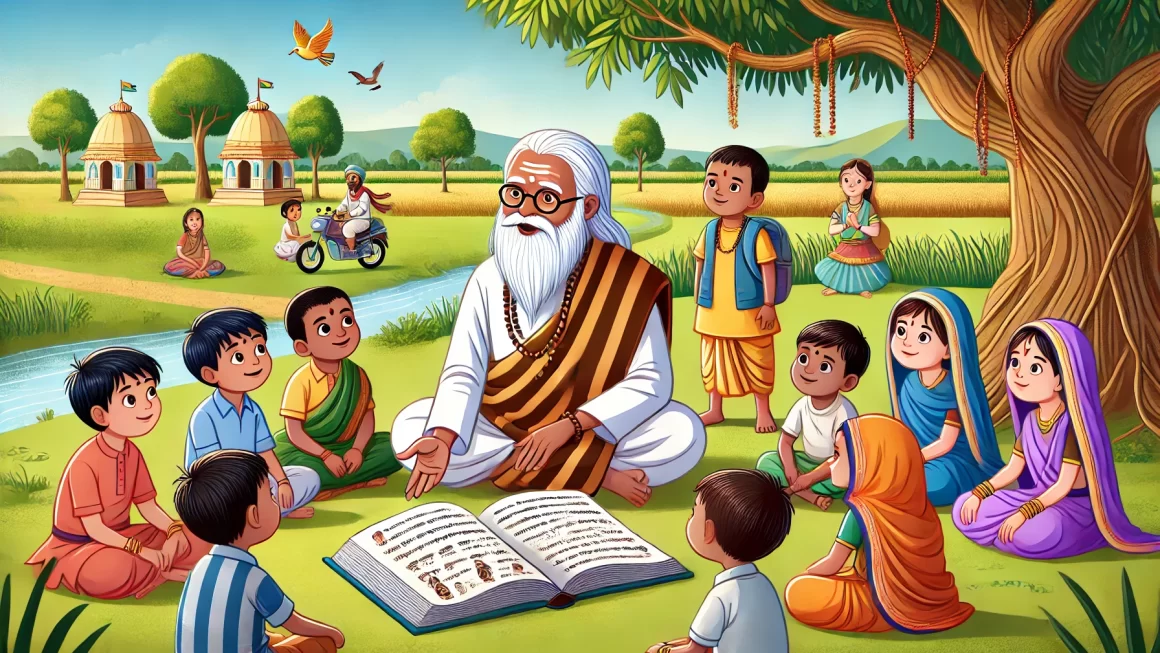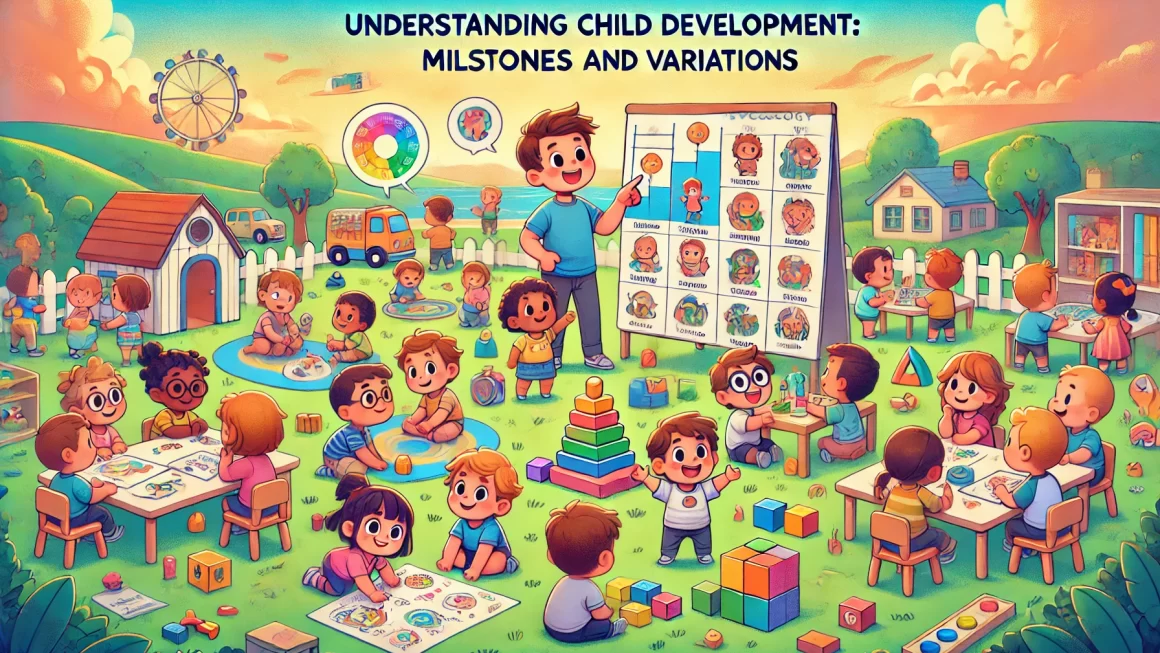Have you ever watched children play and wondered about what’s really going on in their busy little heads? It turns out, play isn’t just a way to pass the time; it’s a vital part of how children learn and grow emotionally and intellectually. From building sandcastles to playing tag, these activities are foundational to developing well-rounded, thoughtful individuals.
Why Play Matters
Long before classrooms and textbooks, children were learning from the natural world around them through play. Historical insights reveal that many ancient societies, like the Greeks, valued play as a crucial educational tool. Plato, a philosopher from Ancient Greece, advocated that children learn through play, suggesting that it helps them understand their world in a profound and natural way.
Learning Through Play
Think about a child building with blocks. This simple activity is a minefield of learning opportunities. They’re not just stacking; they’re solving problems, understanding physics (like why towers fall when they’re too tall), and even getting a grip on basic math concepts. Swiss psychologist Jean Piaget pointed out that play is vital for cognitive development because it allows children to explore, experiment, and understand complex ideas on their own terms.
Growing Emotionally Through Play
It’s during play that children really get to grips with their emotions. They learn what it feels like to win, to lose, to feel frustrated, and to feel ecstatic. Role-playing games, like pretending to be superheroes or family members, help them explore different social roles and emotions in a safe environment. This kind of play teaches them about empathy, cooperation, and the art of negotiation.
Play Across the World
Cultural attitudes towards play can vary, but its importance is universally recognized. For instance, in many Nordic countries, there’s a strong emphasis on playing outside in all types of weather, which helps build resilience and a bond with nature. Meanwhile, in other parts of the world, play might be more structured and closely tied to learning outcomes.
Dive Deeper
If this topic piques your interest, consider looking into The Power of Play by David Elkind, a book that beautifully explores how play shapes creativity and learning. Another fantastic read is Peter Gray’s Free to Learn, which discusses the critical role of play in fostering social and personal development.
In Conclusion
The essence of play lies in its blend of joy, learning, and self-discovery. It’s more than just a way to keep children entertained; it’s a crucial element of their development. As a psychology student and a parent who has seen the benefits firsthand, I can’t stress enough how important it is to integrate more playful moments into our children’s lives—not just for their immediate happiness, but for their long-term growth.
Encouraging play is fundamentally about nurturing a child’s journey towards becoming a thoughtful, knowledgeable, and emotionally intelligent person. So, let them play—it’s seriously good for them!




